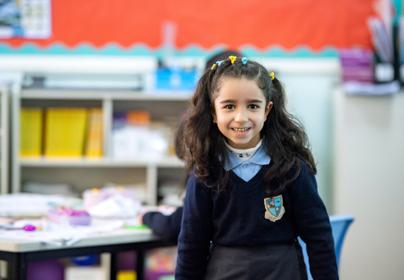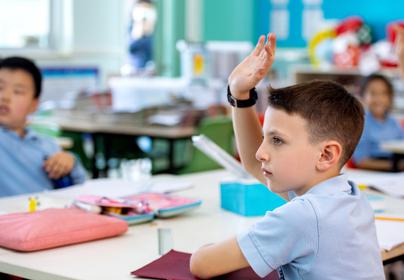Be calm and proactive
Reassure your children that illness due to COVID-19 infection is generally mild, especially for children and young adults. Also, remind them of the effective things we can do to keep ourselves and others safe: frequently wash our hands, don’t touch our faces and engage in social distancing.
Stick to a routine
Children need structure. Make sure that there is a schedule for the day that can include playtime where a child can get on their phone and connect with their friends, but it also should have technology-free time and time set aside to help around the house.
Let your children feel their emotions
Support, expect and normalize that children are sad and frustrated. When in doubt, empathy and support are the way to go.
Check in with children about what they hear
There is a lot of misinformation circulating. Find out what your children already know and start from there in terms of getting them on the right track.
Create distractions
Think about balancing talking about feelings with finding distractions, and allow distractions when children need relief from feeling very upset. Have a family game night every few days or cook meals together.
Monitor your own behaviours
Parents are anxious too and children will take emotional cues from parents. Children rely on their parents to provide a sense of safety and security.




